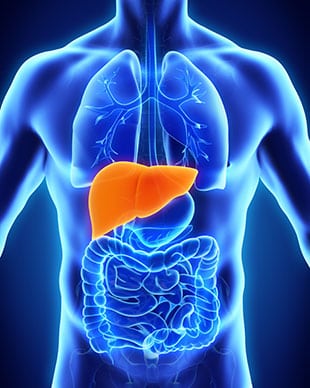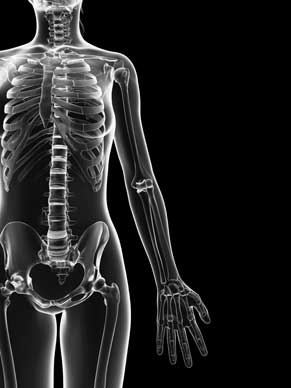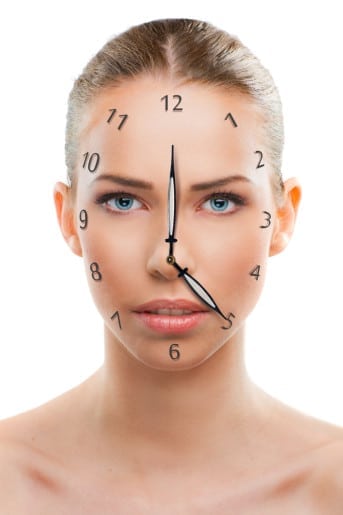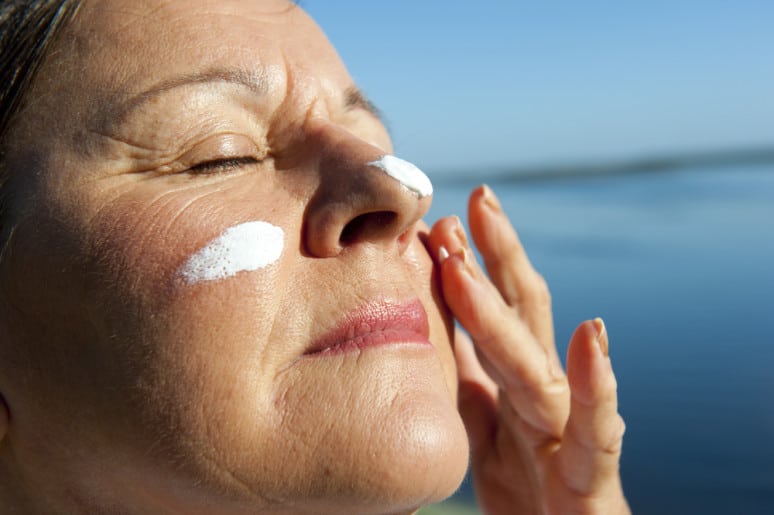With over half of Americans considered overweight, many people engage in the battle of the bulge on a daily basis. There are so many factors involved in weight loss beyond “calories in, minus calories out” that people can continue to gain even while making difficult lifestyle changes. Several studies have examined non-dietary factors that contribute to weight loss and found that surprisingly, the timing of food intake is an important piece of the puzzle.
Chronobiology and Metabolism
Chronobiology is a scientific field that studies how our body’s natural cycles are affected by solar and lunar rhythms. One of the most important cycles of chronobiology is the 24-hour circadian rhythm. Your circadian rhythm is an important part of your metabolism, controlling a wide variety of cellular processes. Your circadian rhythm can also affect your weight in a variety of ways. For example, people who work nights are more likely to be overweight or obese. Genes involved in the circadian rhythm also appear to be involved in the production of hormones associated with hunger and satiety, such as leptin and ghrelin.
Although these relationships have been known for years, the extent to which the timing of food intake could affect weight gain and weight loss is new information.
The Timing of Food Intake and Weight Loss
 Our mitochondria are an integral part of metabolism, converting sugars and other sources of fuel into the type of energy that our cells use, ATP. The rate at which mitochondria perform this energy conversion appears to depend on the time of day. Peak energy burning occurs about four hours into our waking day. People who eat more of their calories early in the day, such as having a large breakfast and lunch followed by a light dinner, lose weight faster than those who eat more of their calories later in the day. While this is bad news for nighttime snackers, it offers one way for people to increase their weight loss while still enjoying the foods they love.
Our mitochondria are an integral part of metabolism, converting sugars and other sources of fuel into the type of energy that our cells use, ATP. The rate at which mitochondria perform this energy conversion appears to depend on the time of day. Peak energy burning occurs about four hours into our waking day. People who eat more of their calories early in the day, such as having a large breakfast and lunch followed by a light dinner, lose weight faster than those who eat more of their calories later in the day. While this is bad news for nighttime snackers, it offers one way for people to increase their weight loss while still enjoying the foods they love.
Losing Weight By Working With Your Circadian Rhythm
Cutting calories and getting plenty of exercise are still important lifestyle changes for people who wish to lose weight. However, changing when you eat can have a huge effect as well. Because mitochondria are working at maximum capacity four hours after you wake, this is the optimal time to take in calorie-heavy foods. In the evening, when your mitochondria are using less energy, eating lighter foods with less fat and sugar is a better answer.
Other Reasons to Eat Less at Night
There are other reasons that eating less at night can be a positive health habit. Acid reflux and other digestive issues are often worse at night if people eat heavy meals. Sticking to light foods in the hours before bed improves these conditions. In addition, our livers and other detoxifying systems do much of their work at night. The process of digesting food can interfere with this and other important aspects of metabolism that occur mainly at night. For this reason, many doctors and researchers recommend that people eat at least four hours before going to bed. This allows meals to be digested and metabolized before you fall asleep.
New research in chronobiology is offering insight into a variety of health issues. This increases understanding of the way our bodies work while presenting new ways that we can improve our health. With metabolic issues now one of the top public health concerns in the western world, research into the timing of food intake may improve and enrich lives.





